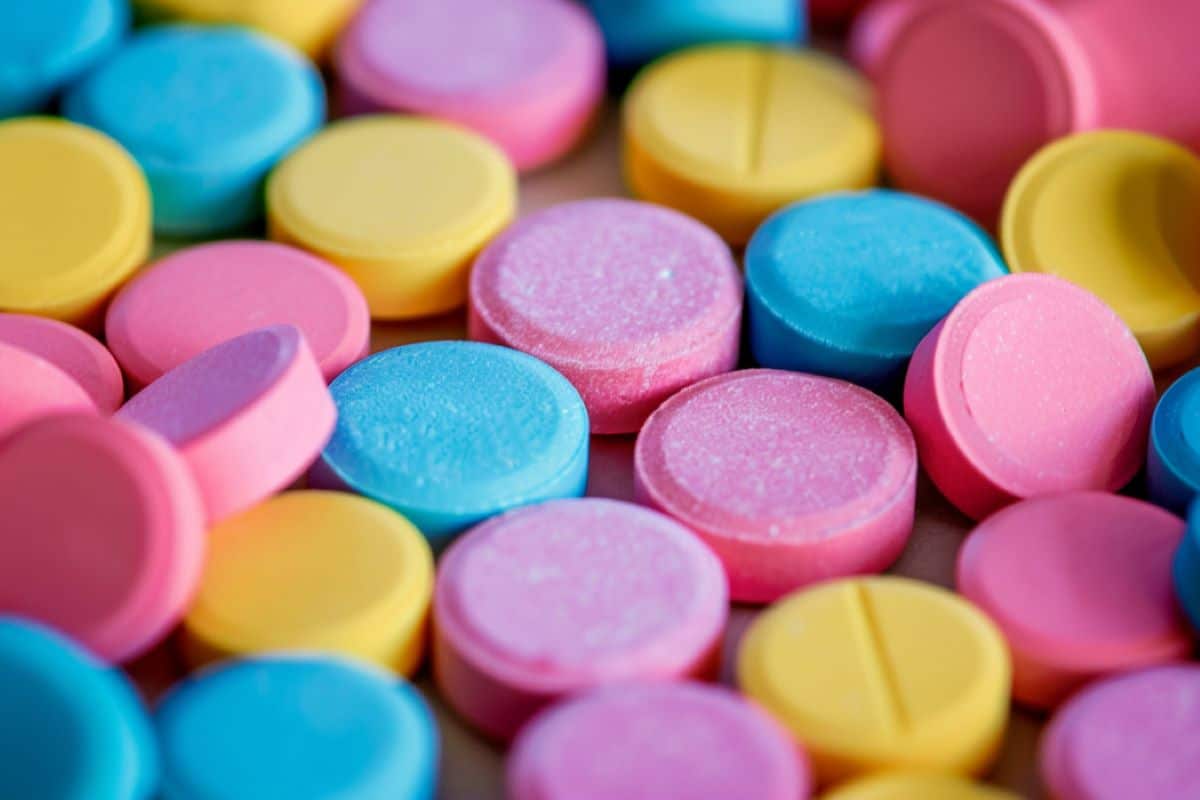Time: 2024-06-27

The use of MDMA, commonly known as "ecstasy," in psychotherapy for mental illnesses is a topic of global discussion. Only Australia and New Zealand have approved its controlled use due to potential risks. Recently, an international research team led by MedUni Vienna identified three new variants of MDMA, ODMA, TDMA, and SeDMA, as promising alternatives for safer use in a controlled psychotherapeutic setting.
Research on the therapeutic potential of MDMA has focused on its ability to support psychotherapy for mental illnesses such as PTSD. However, potential risks and side effects have limited its therapeutic use. The new MDMA analogs identified in the study may provide promising alternatives by retaining therapeutic potential while causing fewer side effects. Further studies are needed to confirm the efficacy and safety of these variants for use in a psychotherapeutic setting.
The study conducted by Harald Sitte's team from MedUni Vienna's Center for Physiology and Pharmacology examined the pharmacological profile of the new MDMA variants. The results suggest that these bioisosteres of MDMA could improve its off-target profile, showing similar pharmacological activity at serotonin, dopamine, and norepinephrine transporters but decreased agonist activity at certain serotonin receptors. The variants also have alternative hepatic metabolism, potentially reducing the risk of side effects.
The development of safer MDMA variants could pave the way for advancements in the controlled use of psychoactive substances for neuropsychiatric illnesses. While the new compounds show promise in reducing side effects, further studies are necessary to fully assess their efficacy and safety for use in psychotherapeutic settings. These findings may open up new possibilities for the treatment of mental illnesses using MDMA-based therapies.